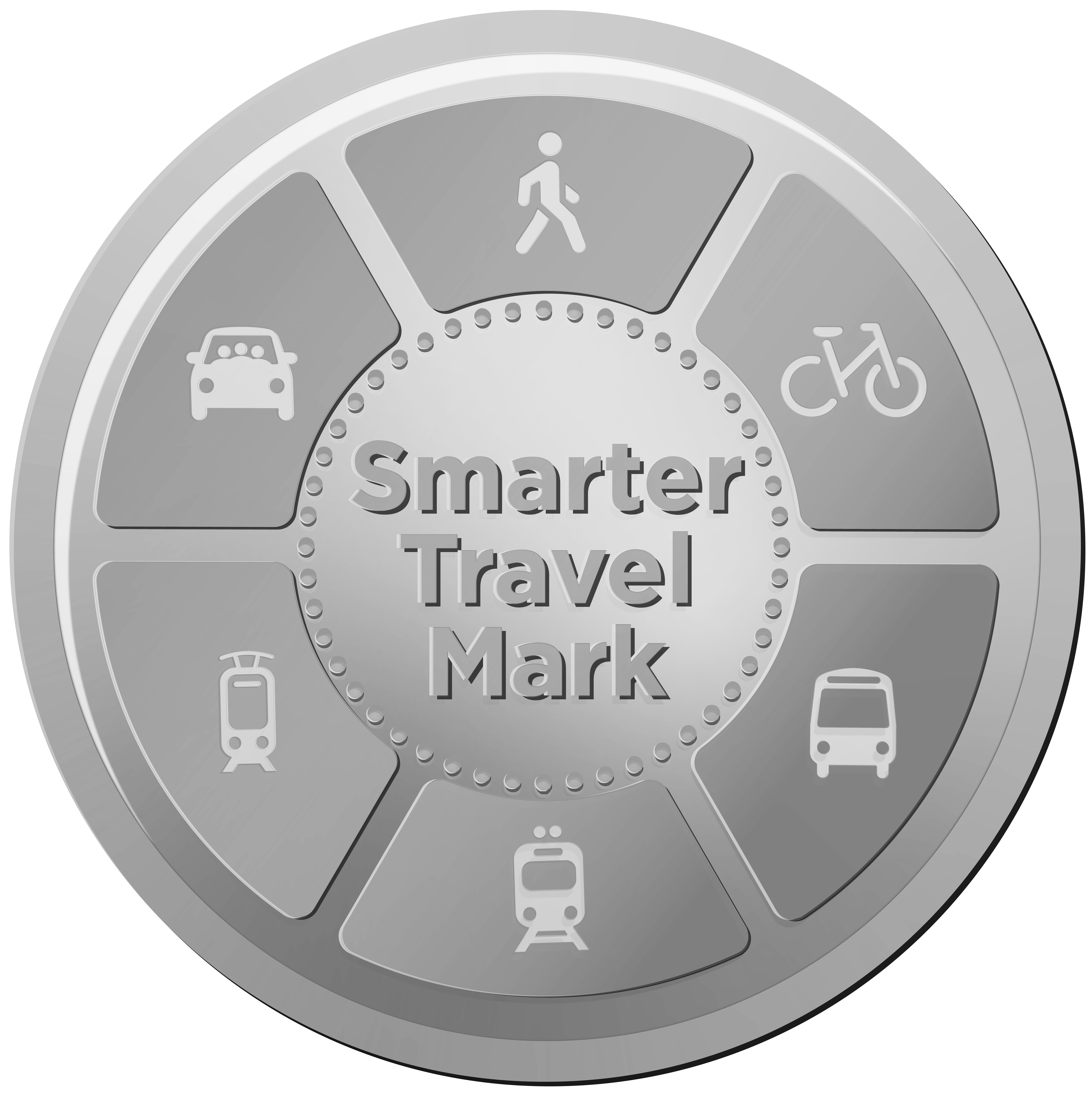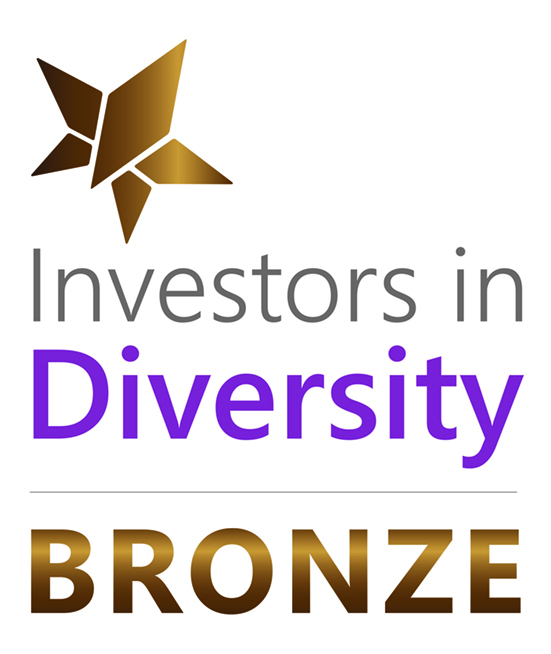66th Meeting of the European Qualifications Framework Advisory Group
The European Qualifications Framework (EQF) Advisory Group (AG) met online on the 26th and 27th November. QQI represents Ireland on the EQF AG, and the meeting was attended by Órla Barry, Head of Qualifications Information and Learning Opportunities and Andrina Wafer, Head of International Mobility and Prior Learning.
Relevant Developments
The meeting opened, as usual with relevant developments in European cooperation in education, training and employment. Relevant highlights are included in this summary.
New Commission 2024-2029
The Political Guidelines for the next European Commission (2024-2029) outline a new plan for Europe’s sustainable prosperity and competitiveness. Tackling skills and labour gaps represents a priority within the plan. For this purpose, a Union of Skills should be established, focusing on investment in adult and lifelong learning, skill retention, and the recognition of different types of training to enable people to work across the Union. The guidelines also refer to a skills portability initiative. The priorities are echoed in the mission letter of the Executive Vice-President Roxana Mînzatu.
Skills and Talent Mobility
The Commission has been actively promoting implementation of the Commission Recommendation on recognition of qualifications of third country nationals. The Commission organised a series of webinars on follow-up to the Commission Recommendation on the topics of communication and outreach, simplifying recognition, and co-operation and partnerships. A summary report and presentations from the webinars were published here.
Council Recommendation on a European approach to micro-credentials
Micro-credentials are being implemented and supported by EU Funds and with stakeholders’ active involvement. 12 Erasmus+ forward looking projects on micro-credentials launched in February 2024 with a duration of 3 years are currently underway.
Micro-credentials are also present in two priorities of the 2024 Erasmus+ Policy Experimentations calls (to be launched end 2024 or beginning 2025 with a duration of 2-3 years). The European Commission published a synthesis report of the peer learning activity (PLA) of 28 and 29 May 2024 on “Building trust in micro-credentials for improving employability”. One more PLA is planned for Spring 2025.
To facilitate Member States’ invitation to inform the Commission on their state of implementation of the Council Recommendation, a survey has been prepared. To cover higher education, vocational education and training (VET) and active labour market policies, the survey has been distributed among members of the Working Group on Higher Education, the Advisory Committee on Vocational Training and the Public Employment Services Network. Member States have already submitted their answers, and these are now being analysed. A report will be ready by the end of 2024.
Cedefop will start new research on micro-credentials (end of 2024-2027). Following the sectoral focus of the previous study (on manufacturing and retail), the new research will deepen its evidence base on more labour market sectors as well as quality assurance arrangements for VET and labour market providers and inclusion of disadvantaged groups. The study supports Cedefop in better understanding how emerging, demand driven micro-credentials can raise equal opportunities to access learning and generate pathways to employment as well as supports the follow-up to the related Council Recommendation. Initial findings will be shared with key stakeholders and a dedicated workshop (2025) will be organised to disseminate preliminary and interim research results.
Referencing Reports to the EQF
Spain finalised its first referencing report of its national framework to the EQF following on from the consideration and discussion of the draft report by the AG earlier this year. The report will be published in due course. This means that all EU countries have now completed an initial referencing to the EQF.
Croatia presented a re-referencing report of its national framework to the EQF following the updated Council recommendation in 2017. This brings the total number of countries that have conducted a re-referencing report to 10, which includes Ireland.
New Online Validation Tool
Cedefop presented an update about a new tool being developed that will connect the European guidelines and the European inventory on validation of non-formal and informal learning. The main aim of the webtool is to present, in a concise and user-friendly way, the information of the Validation inventory and connect it to the European Guidelines for validating non-formal and informal learning with the overarching objective of providing a database for policy makers in the EU and other interested groups as well as facilitating peer learning.
EQF Comparison
In the last number of years, three EQF comparison with regional and national frameworks have taken place. This includes Ukraine, Cabo Verde and the Southern African Development Community (SADC). A peer learning activity was hosted in Turin in October 2024 to explore and discuss the comparisons.
The aim of comparisons with third country qualifications frameworks is to build trust in the quality and level of qualifications from third country frameworks in Europe (and vice-versa) and support the recognition and international mobility of learners and workers. More specifically, comparison can enhance mutual understanding and transparency of qualifications between Europe and these countries, facilitating recognition of third country qualifications within Europe. Additionally, it can promote greater international awareness of the EQF. By fostering such comparisons, the EQF can help strengthen cooperation with countries beyond Europe, particularly in the context of mobility and legal migration, ensuring that the qualifications and skills of potential workers are properly valued in Europe.
The following next steps were discussed and agreed:
- To map future possible comparison projects through a schedule for the years 2025-2027, prioritizing Talent Partnerships countries and NQFs and RQFs with the highest policy relevance.
- To invite EQF countries to share information on planned and conducted bilateral studies and comparisons of QFs with the NQFs.
- Continue the work of the EQF AG Project Group on Third Country Dimension. Based on the experience with the comparisons so far, and further to the PLA, the group should develop detailed guidelines with different approaches in comparison, training material for members of technical working groups of comparisons and a communication plan, engaging NCPs and relevant networks such as the ENIC-NARIC network
Peer Learning Activity
A peer learning activity will be hosted in Warsaw, Poland in April 2025.
The aim of the PLA is to discuss and understand the inclusion of qualifications issued outside the formal education and training domain. It will consider different practices and experiences in EQF countries on inclusion of qualifications from outside the formal domain. It will aim at finding ways to enhance trust in and the transparency of these qualifications, also in relation to qualifications from the formal domain. The findings of the PLA should support good practices to enhance the trust in and the transparency of these qualifications, and also address potential pitfalls to avoid.
QQI will attend the PLA in its capacity as the EQF National Coordination Point in Ireland.


